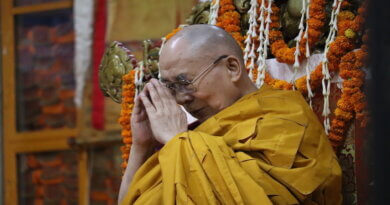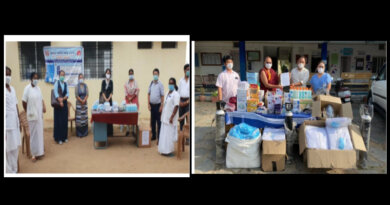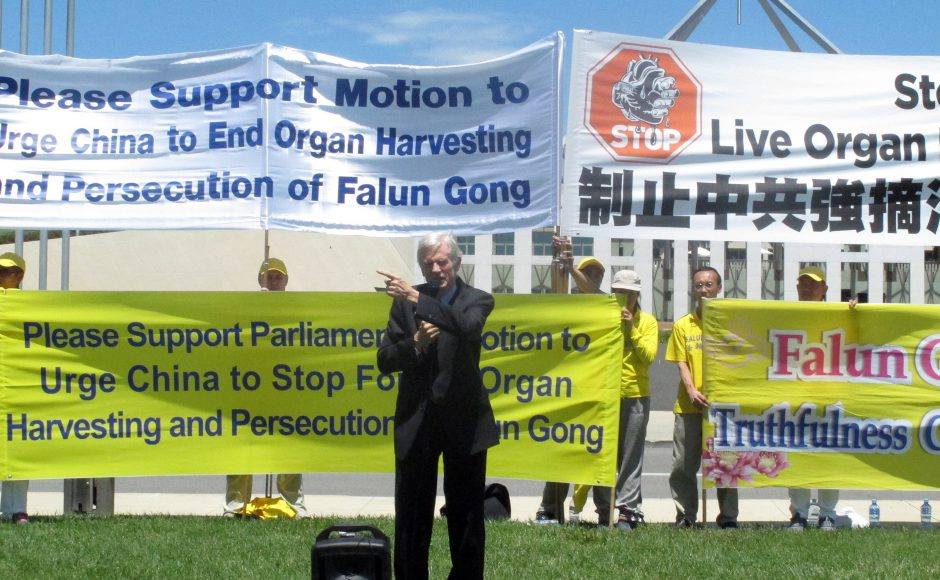Men-Tsee-Khang condemns UNESCO’s listing Tibetan medicinal bathing as Intangible Cultural Heritage

DHARAMSALA, Dec 7: Men-Tsee-Khang, the Tibetan Medical and Astro. Institute based in Dharamsala, today condemned the United Nations Educational, Scientific and Cultural Organization(UNESCO) move to list Lum; medicinal bathing of Tibetan medicine as Intangible Cultural Heritage of Humanity on China’s nomination.
Objecting the UNESCO move, to say the least, the Tibetan medicine is not intangible as listed by the UNESCO as we face shortages of doctors, clinics and herbs to attend to the growing need of patients seeking treatment of Tibetan Medicine, Tashi Tsering Phuri, the director of Men-Tsee-Khang the apex body of Tibetan medicine, also known as Sowa Rigpa (the science of healing) said.
To make the Tibetan medicine intangible China destroyed the Chagpori institute in 1959, he added. (Chagpori Drophen Ling founded in 1696 and the Men–Tsee–Khang founded in 1916 in Lhasa are the Tibetan medicine’s only scholarly centre in Lhasa)
While China and India have filed rival claims over Tibetan medicine, it should not be a bone of contention between two big nations, Tashi Tsering Phuri said and added that Yuthog Yonten Gonpo, the master of Tibetan Medicine who happens to be a Tibetan has the sole ownership over the Tibetan medicine.
China filed the paperwork asking the UNESCO to LUM; recognize medicinal bathing, one of many practices of Sowa Rigpa, as part of its “intangible cultural heritage” earlier in March last year, the UNESCO obliged at its 13th session of the Intergovernmental Committee for the Safeguarding of the Intangible Cultural Heritage held from Nov. 26 to Dec. 1 in Port Louis, Mauritius.
Contrary, India filed its own bid for the entire Sowa-Rigpa tradition — around the same time.
He further condemned China for illegally using the trademark of Men-Tsee-Khang the Tibetan Medical and Astro. Institute based in Dharamsala.
“Earlier the Chinese administered Tibetan medical institute in Lhasa is identified as MentsikKhang in English but they now identify themselves as Men-Tsee-Khang,(as informed by a delegation of Medical Anthropologist from Austria after their visit to Tibet in 2106) a trademark we registered way back since 1994. They did the same at a China-sponsored conference on Tibetan medicine at Harvard last year as well,” he lamented.
While of late, China backed or supported research papers have highlighted grave concern and dangers of Mercury’s presence in Tibetan medicine, he described Sowa –Rigpa as an ancient holistic system of health care that utilizes a complex herbal and mineral pharmacopoeia.
“Mercury is an important constituent in Tibetan medicines known as Precious Pills (Rinchen Rilbu) used to treat a wide variety of conditions. Before mercury is incorporated into these pills, however, it first undergoes a lengthy process of “detoxification” to produce Tsothel, a substance traditionally considered safe for patient use while possessing important therapeutic properties,” he said and added that China does not know how to prepare Tsothel.






